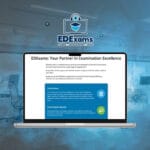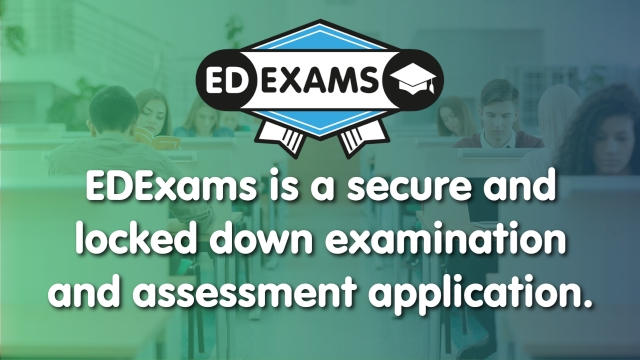In today’s digital age, online assessments have become increasingly common in educational settings. While these digital tools offer convenience and efficiency, it’s crucial to ensure they’re accessible to all students, including those with special educational needs and disabilities (SEND).
In this blog post, we’ll delve into the key principles and practical strategies for creating online exams that accommodate diverse learning styles and abilities, ensuring that all students have an equal opportunity to demonstrate their knowledge and skills.
Key Considerations for Inclusive Online Exam Design:
1. Universal Design for Learning (UDL): Embrace the principles of UDL, which emphasise flexibility and multiple means of representation, engagement, and action. This means providing options for how students access information (e.g., text-to-speech), how they interact with the material (e.g., interactive elements), and how they demonstrate their understanding (e.g., written responses or oral presentations).
2. Clear Instructions: Ensure that exam instructions are concise, easy to understand, and available in multiple formats (e.g., text, audio). Use plain language and avoid jargon or complex sentence structures.
3. Flexible Time Limits: Extend time limits for students who require additional processing time. Consider offering breaks or allowing students to pause and resume the exam.
4. Variety of Question Types: Offer a variety of question types (e.g., multiple-choice, short answer, essay) to cater to different learning styles and strengths. Avoid relying solely on timed tasks, as these can be particularly challenging for some students with SEND.
5. Clear Feedback and Support: Provide clear and constructive feedback to students, highlighting their strengths and areas for improvement. Offer additional support or resources as needed to help students understand the material and prepare for future assessments.
EDExams champions inclusivity by offering a range of customisable features that cater to diverse student needs. Recognising that visual accessibility is key, the platform allows for adjustments to font styles, sizes, and colours, ensuring readability for students with visual impairments or dyslexia. Additionally, the ability to modify slide colours and backgrounds reduces visual clutter and enhances focus for those with sensory sensitivities. These features, combined with other accessibility tools, empower students of all abilities to engage with online exams comfortably and confidently, promoting a truly inclusive assessment environment.
To book a free online demonstration for EDExams click here. Alternatively, call the team on 01909 384090 or email mail@edexams.com.











